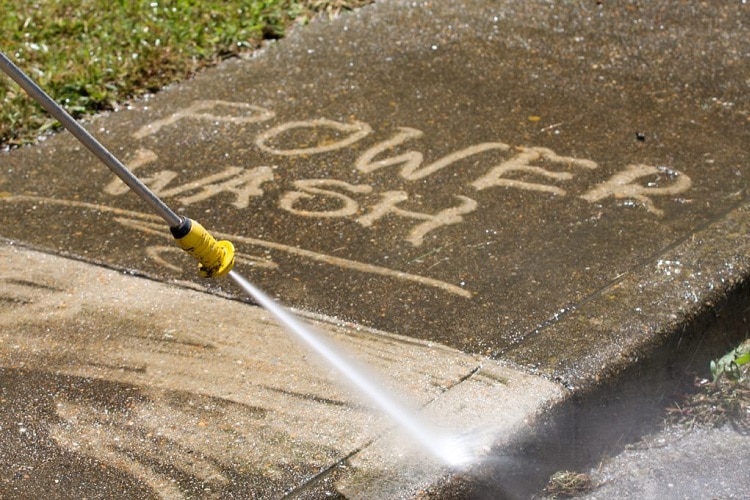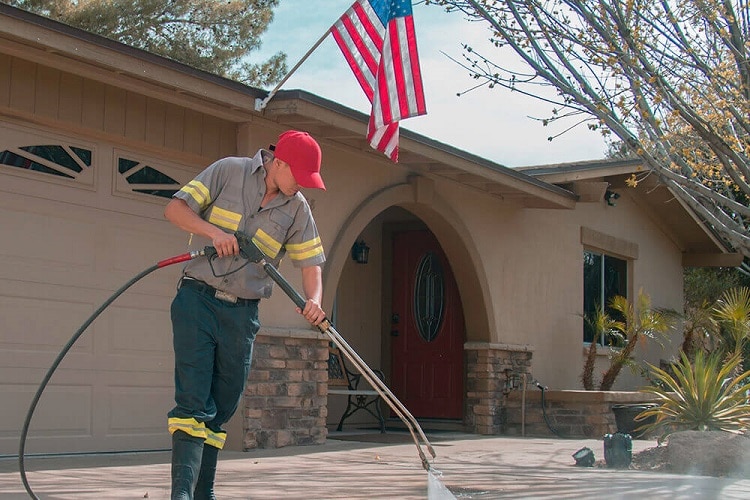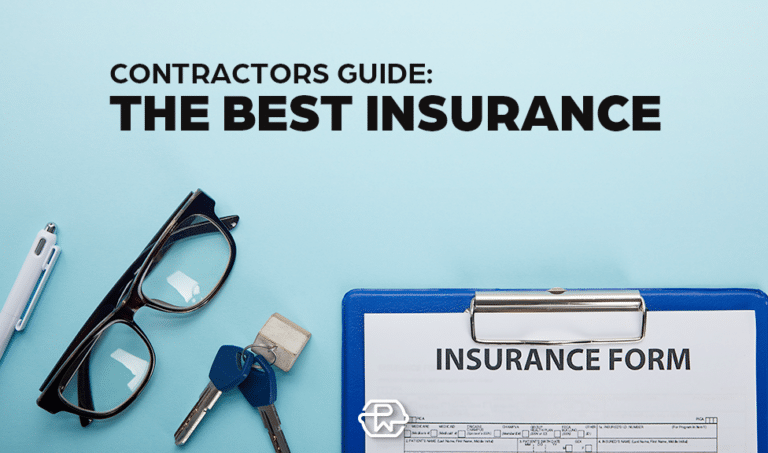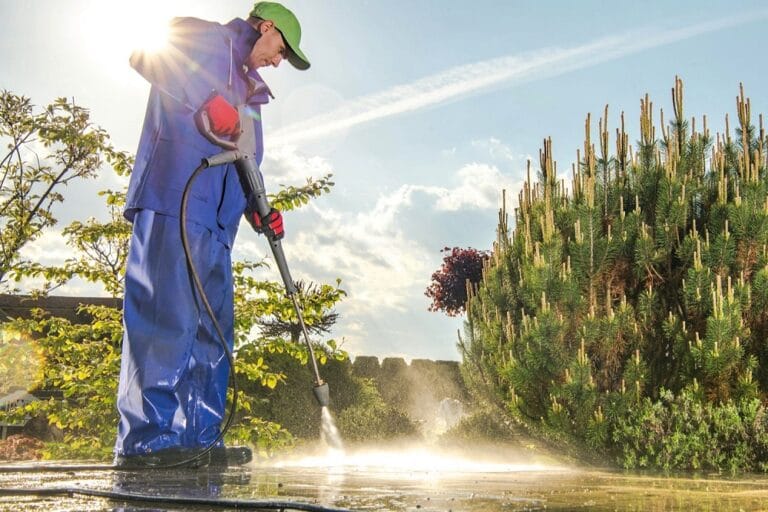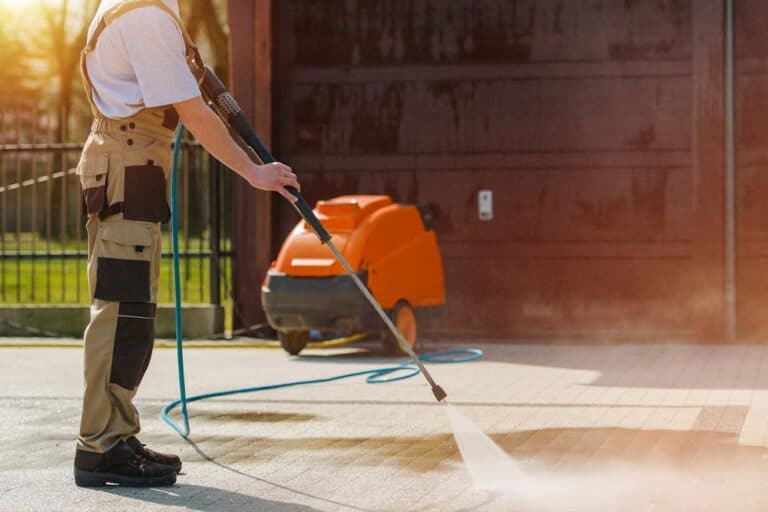What You Need to Know About a Pressure Washing Business License
Although it may seem fairly simple to get a profitable pressure washing business up and running, there are many factors, aside from the obvious start-up costs, that are in play.
It isn’t as easy as grabbing some equipment, watching a couple tutorials, and then driving around town cleaning people’s houses.
Depending on where you are located, there are certain business licenses and operation permits that are required in order to legitimize your practice. In most states, pressure-washing activities are regulated in order to protect the environment.
You may need state, city or local business licenses and relevant permits to operate legally, while also adhering to all of the environmental laws that apply in your area.
Let’s discuss the businesses licensing and any other legal steps that need to be taken in order to legitimize your pressure washing business.
Licensing Needed To Start Your Pressure Washing Business
Each state has its own set of licensing requirements, so there will be a different set of steps needed to be taken based on where you plan to operate.
There are some states that are somewhat more relaxed when it comes to regulating pressure-washing businesses than others.
Many states and cities require the owner of a pressure-washing business to have an occupational license, which is a basic business license that gives the holder permission to run a specific type of business. Some cities or localities may require you to obtain a permit to operate in certain areas or to do specific types of jobs.
Ultimately, requirements vary by state, so you need to do your research before you launch your business.
Visit the business licensing website for your state, which is sometimes called the occupational licensing department of the secretary of state; alternatively, it may be known as your state’s main state government business website. Here, you look up the licensing requirements for pressure-washing businesses.
Let’s discuss the common permits licenses and insurance needed to get your pressure washing business up and running.
Business Documents
Business License – Businesses will need to be registered with the state they plan to operate in
Bond – Depending on location, owners may be required to pay a bond in order to obtain their business license
Sales Tax Registration – Business owners will need to register their business with the IRS for income tax purposes
Contractor Permit – Business owners may need a permit that is specific for being allowed to pressure wash in your area
Environmental Permit – There are certain states that require an environmental permit because of the need to dispose large amounts of water into storm drains in many situations
Insurance
Liability Insurance – This is necessary to cover any damages caused while pressure washing a residence
Workers Compensation – This provides coverage for any injuries to you or your employees while on the job
Equipment Insurance – This applies to your pressure washer, company vehicle, and any other tools in case they are damaged or stolen
How To Acquire Licensing
In the end, the licensing and/or permits required to run a pressure washing business will vary from location to location.
It is important to do your own research before you launch your business in order to find out exactly what is needed and how to get it.
To start, visit the business licensing website for the state in which you plan to operate. This is in some cases known as the occupational licensing department of the secretary of state, or could simply be the main state government business website.
Whichever website correlates to your location, this is where business owners should be going to identify and obtain the required licensing to run legitimate pressure washing businesses.
In addition, it is important to visit the official government website for your area in order to determine if you need to meet additional requirements.
Failing to meet all of the proper licensing and permit requirements for your business could potentially result in government imposed fines against you and your business. Definitely not an expense you want to take on in the beginning stages of developing your operation.
Make sure to keep in mind the fact that many of the laws and licensing requirements in place are subject to be changed from time to time. Your best bet is to look up the specific requirements for pressure-washing businesses in your city and state.
The easiest way to do that is to perform a Google search, with the name of your state and the words “pressure washing license.” Then, perform the same search for your city or locality.
One final thing to consider when starting up your pressure washing business and following the necessary steps to become legitimate, is whether or not joining a voluntary pressure washing association is a good idea. The simple answer here is yes.
Joining an association within your industry is a great step to growing your business. Surround yourself with a network that can help build you up and help your business flourish. Networking and making connections is quite honestly one of the most important things a business owner can do.
There are 3 more prominent associations to choose from, or join all of them!
UAMCC – United Association Of Mobile Contract Cleaners
PWRA – Pressure Washing Resource Association
PWNA – Power Washers of North America
Conclusion
When it comes to legitimizing your pressure washing business, there are a number of steps to take in order to become a properly licensed business.
We have discussed the necessary licensing and other important documentation to acquire. This includes business documents such as the business license itself, contractor permit and sales tax registration.
We also did a brief overview of the necessary insurance coverage that pressure washing business owners should have in place. These include workers compensation, liability insurance and equipment insurance. Requirements often vary from one state or location to another.
Consider everything we have talked about and be sure to obtain all of the necessary licensing, permits and insurance for your pressure washing business. This way you will be operating within the parameters of the law, and will be able to run your business legitimately and worry free.
References



